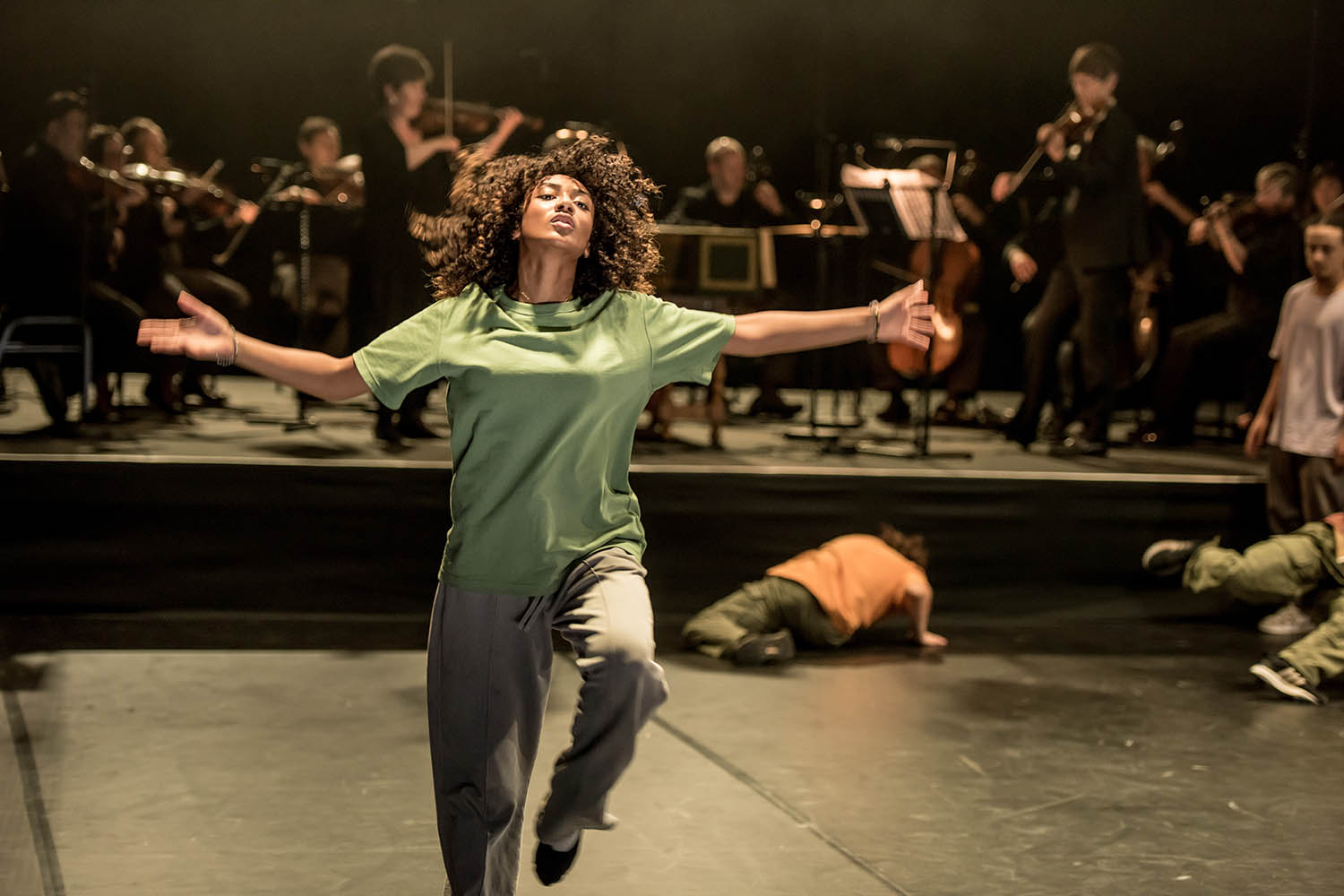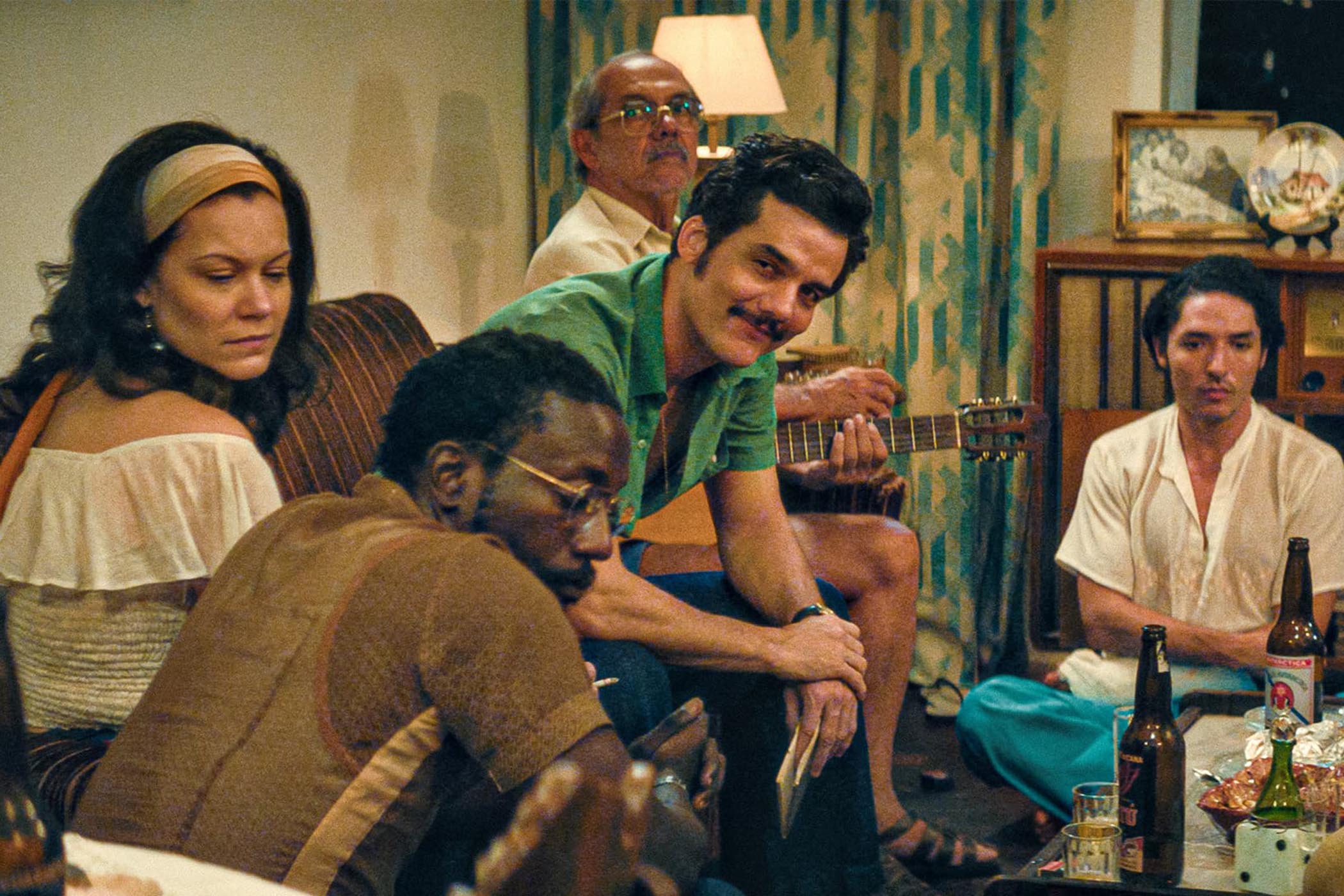Marina Warner is a writer of fiction and cultural history whose award-winning books have examined fairy tales, female statuary and the cult of the Virgin Mary. Born in London in 1946, she grew up in Cairo, Brussels and Cambridge, and read French and Italian at Oxford. She worked as a journalist for the Daily Telegraph and Vogue before becoming an author and academic – Warner is now professor of English and creative writing at Birkbeck. Her new book, Sanctuary, described by the Guardian as “dazzlingly protean”,explores the principles that govern the ancient tradition of finding a place of refuge, and what it means in today’s world. It’s published by William Collins on 3 July.
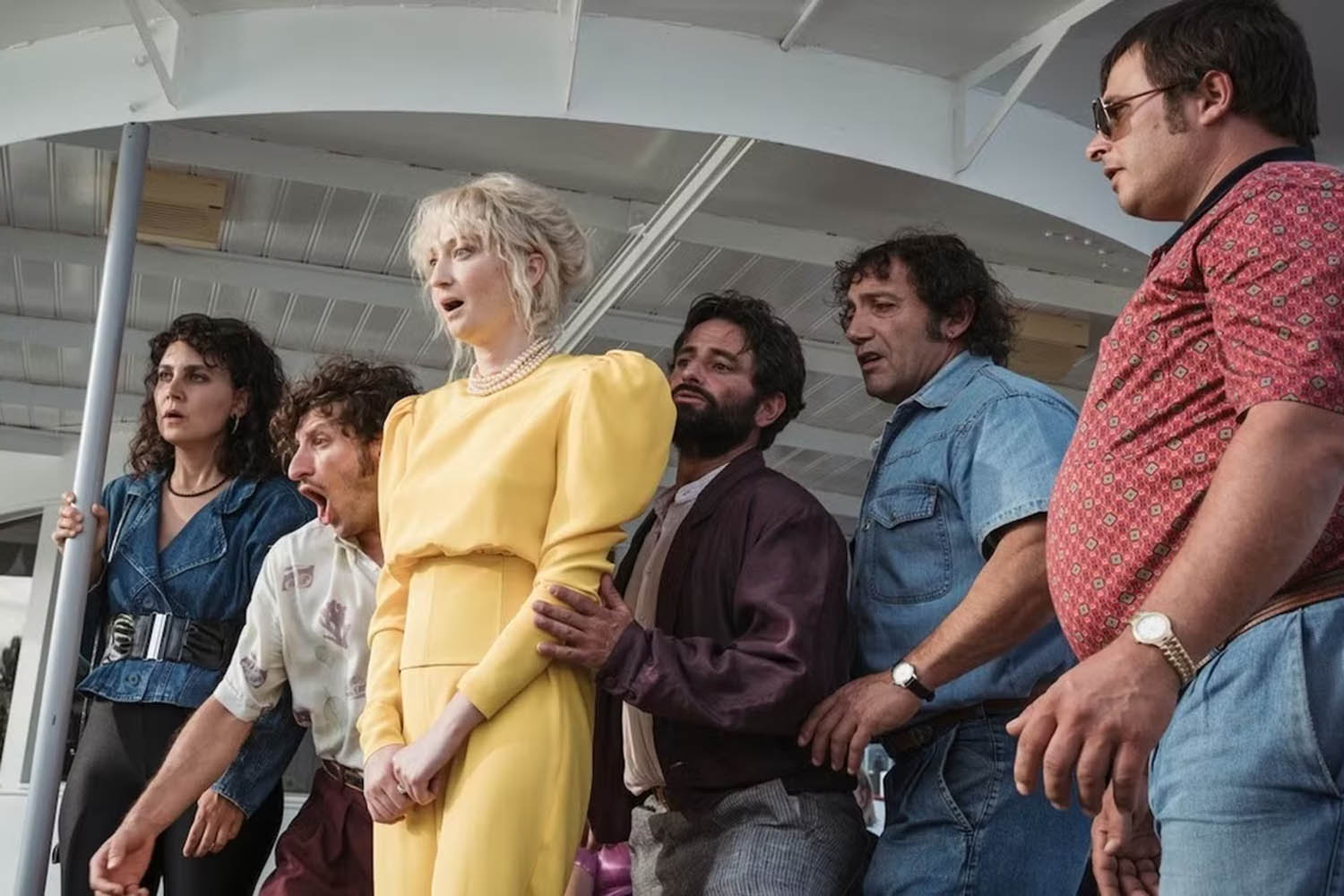
Film
La Chimera (dir Alice Rohrwacher, 2023)
This is a fascinating film about a group of tomb robbers in Italy searching for ancient Etruscan remains. They’re joined by an English archaeologist played by Josh O’Connor. Alice Rohrwacher’s sensibility about Italy is remarkable. Like Pier Paolo Pasolini, she’s interested in the faces of ordinary Italians, and like Federico Fellini she’s very interested in music and dance. This is not a beautiful Italy, it’s an Italy of oil refineries and squalid cement buildings, but it has this ancient beauty pulsing underneath it that’s being excavated out of the ground– the skeletons of a gorgeous past.
Restaurant
Brasserie Mollard, Paris
I was given an honorary degree by the American University of Paris last month. Afterwards, we looked online for the nearest restaurant and were very lucky to find Brasserie Mollard, which is one of these French fin-de-siècle fantasies with beautiful stained glass and tiles and white tablecloths. It wasn’t actually wildly expensive and the food was very good. I had fried scallops with vermouth sauce; my husband had duck confit. I don’t go to restaurants very much but I was very happy to be taken to that one.
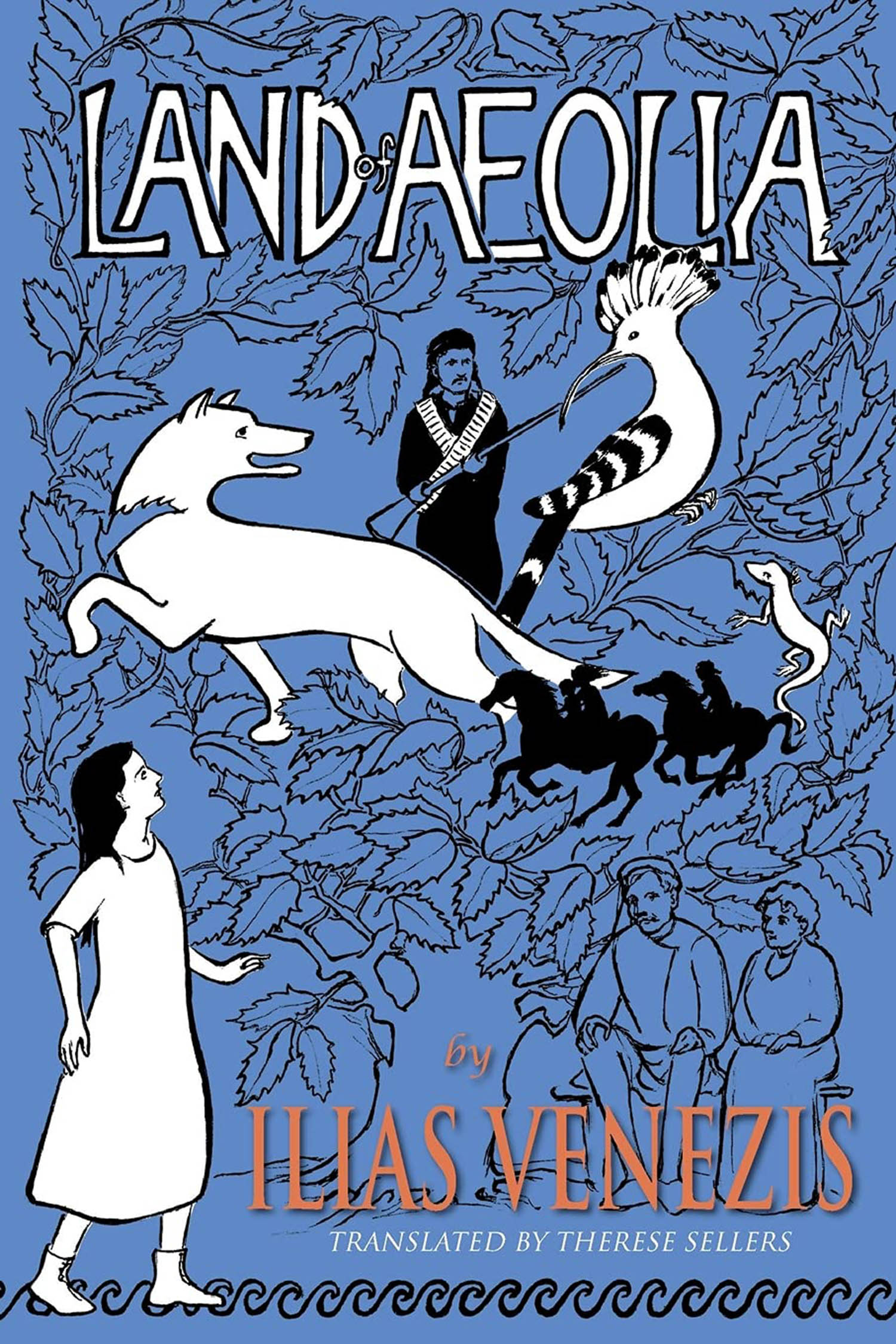
Novel
Land of Aeolia by Ilias Venezis (trans Therese Sellers)
This was recommended to me by the current professor of poetry at Oxford, Alicia Stallings, who lives in Greece. It’s a strange and quite daring book about the forced deportation of Greeks from Turkey in the 1920s. Seen through the eyes of a child, everything becomes enchanted, both demonically and angelically. It was first published in English in 1949 with a foreword by Lawrence Durrell, who praised it to the skies, but that translation cut out all the enchantment because they were embarrassed by it. With this new translation, it’s the first time the book can be read in English in its entirety.
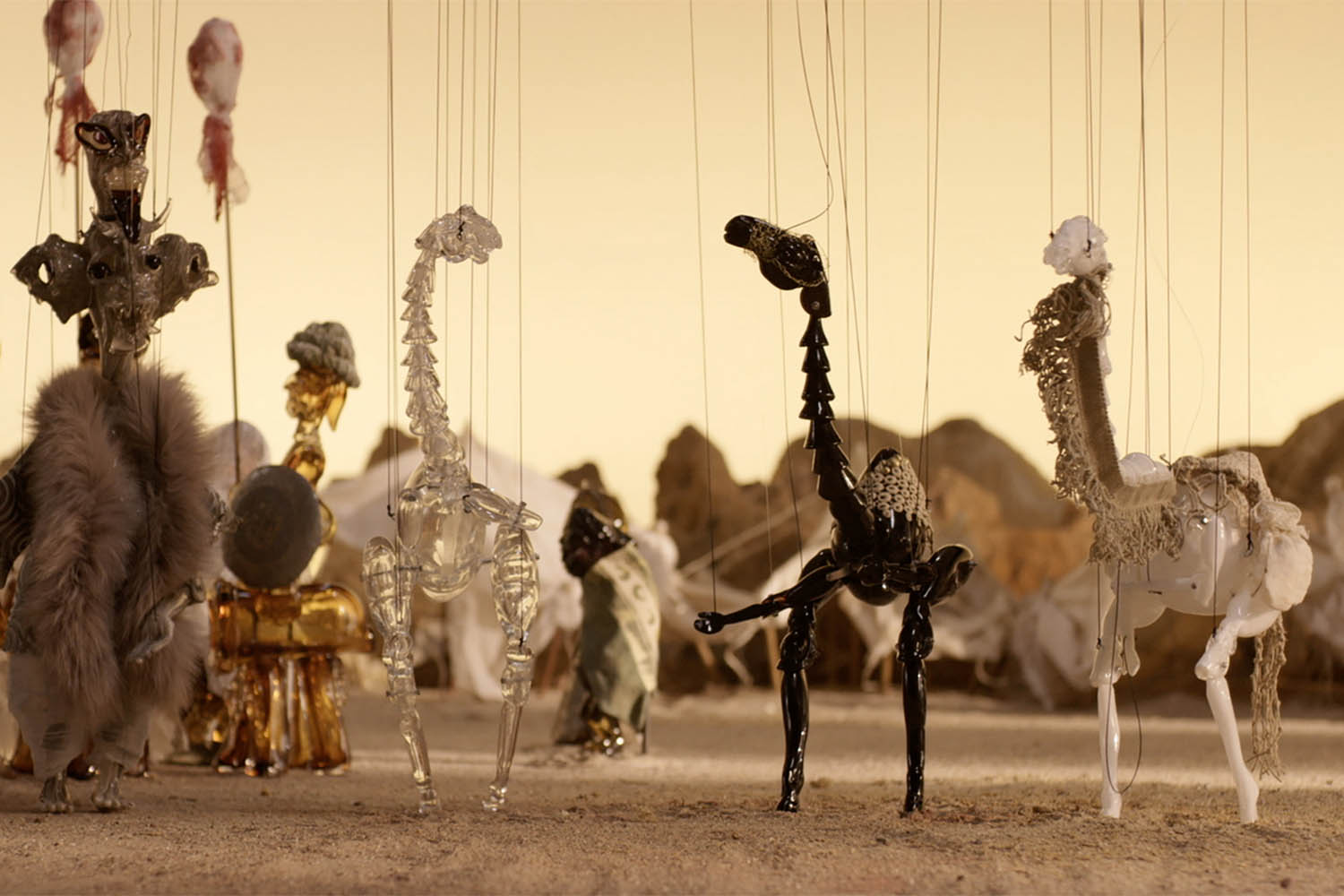
Art
Wael Shawky at the Talbot Rice Gallery, Edinburgh
I came across Shawky’s work by chance when Hauser & Wirth had a gallery on Piccadilly. There was this extraordinary film with children dressed up as old men in turbans telling an animal fable about a camel. I was completely transfixed. Since then, Shawky’s become much more famous and I’ve seen quite a lot of his work. Now he has a big show in Edinburgh, his first retrospective in this country, and I can’t wait to see it. It’s going to have the whole of Cabaret Crusades, a marvellous series of films retelling the story of the crusades through Arab eyes, done with puppets.
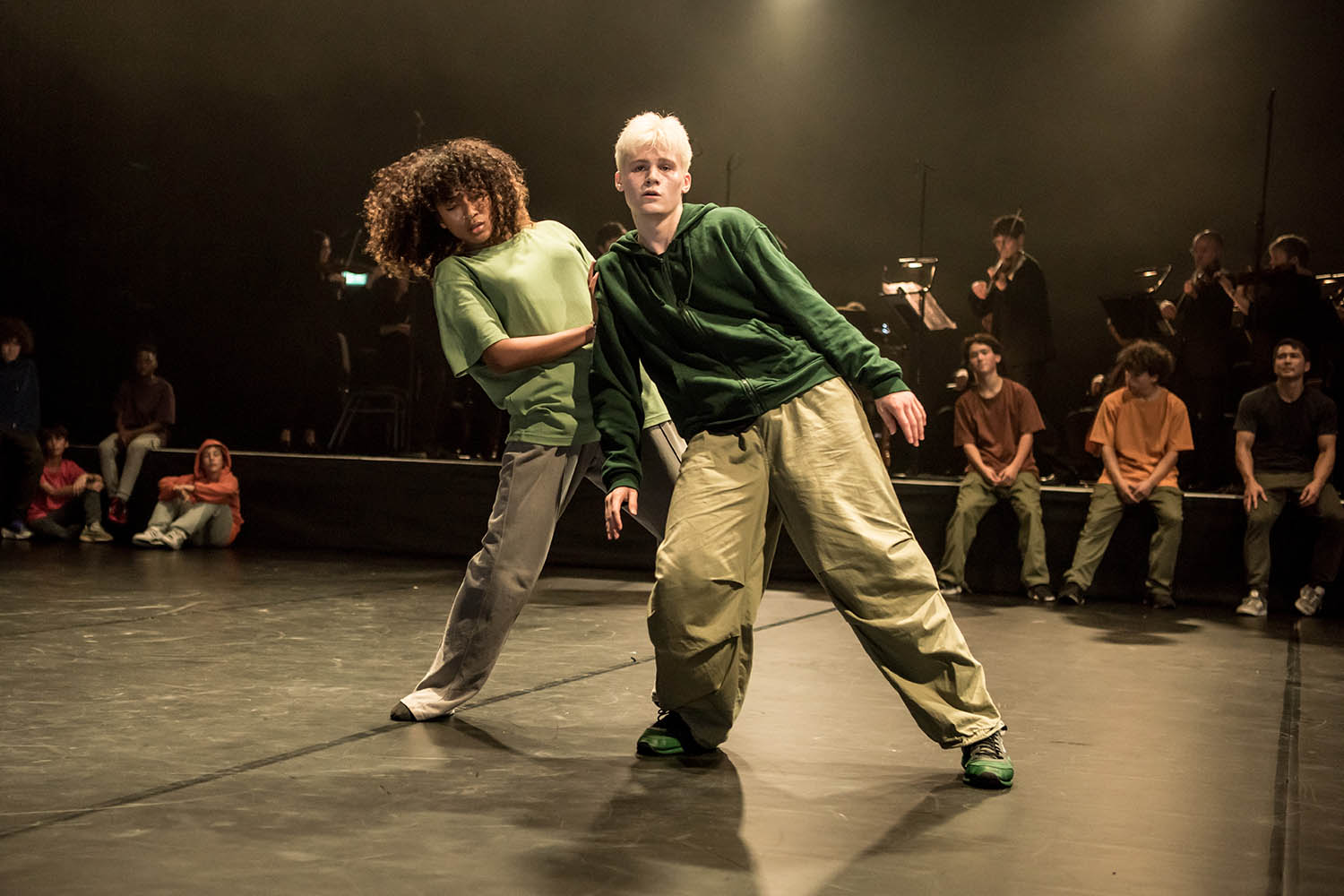
Dance
Kim Brandstrup: Breaking Bach
Newsletters
Choose the newsletters you want to receive
View more
For information about how The Observer protects your data, read our Privacy Policy
I saw an early version of this marvellous project last year. Brandstrup is a very lyrical choreographer who was interested in how the intricate rhythmic patterns in Bach’s music could be reproduced by break dancers. He decided to experiment with pupils at Acland Burghley school in north London, where the Orchestra of the Age of Enlightenment is in residence, and they’ll be performing at the Edinburgh international festival. Brandstrup is less interested in the athleticism of break dancing than the subtlety and intricacy of the rhythms and how it melds with Bach.
Poetry
Selected Poems by Denise Riley
Denise Riley is a poet but also and a marvellous thinker who comments on language in ways that I find truly inspiring. She talks about a kind of acoustic unconscious, a way that we’re all made by many reverberations of language that sound in our ears. We’re not just single nightingales singing a brilliant song alone: we’re a chorus, a twittering of sparrows, a collective. I’d recommend her Selected Poems, which contains her most famous work, A Part Song, an elegy for her child who died. The philosophy behind her poetry is very well articulated in her witty and wonderfully written Clark Lectures, available online.
